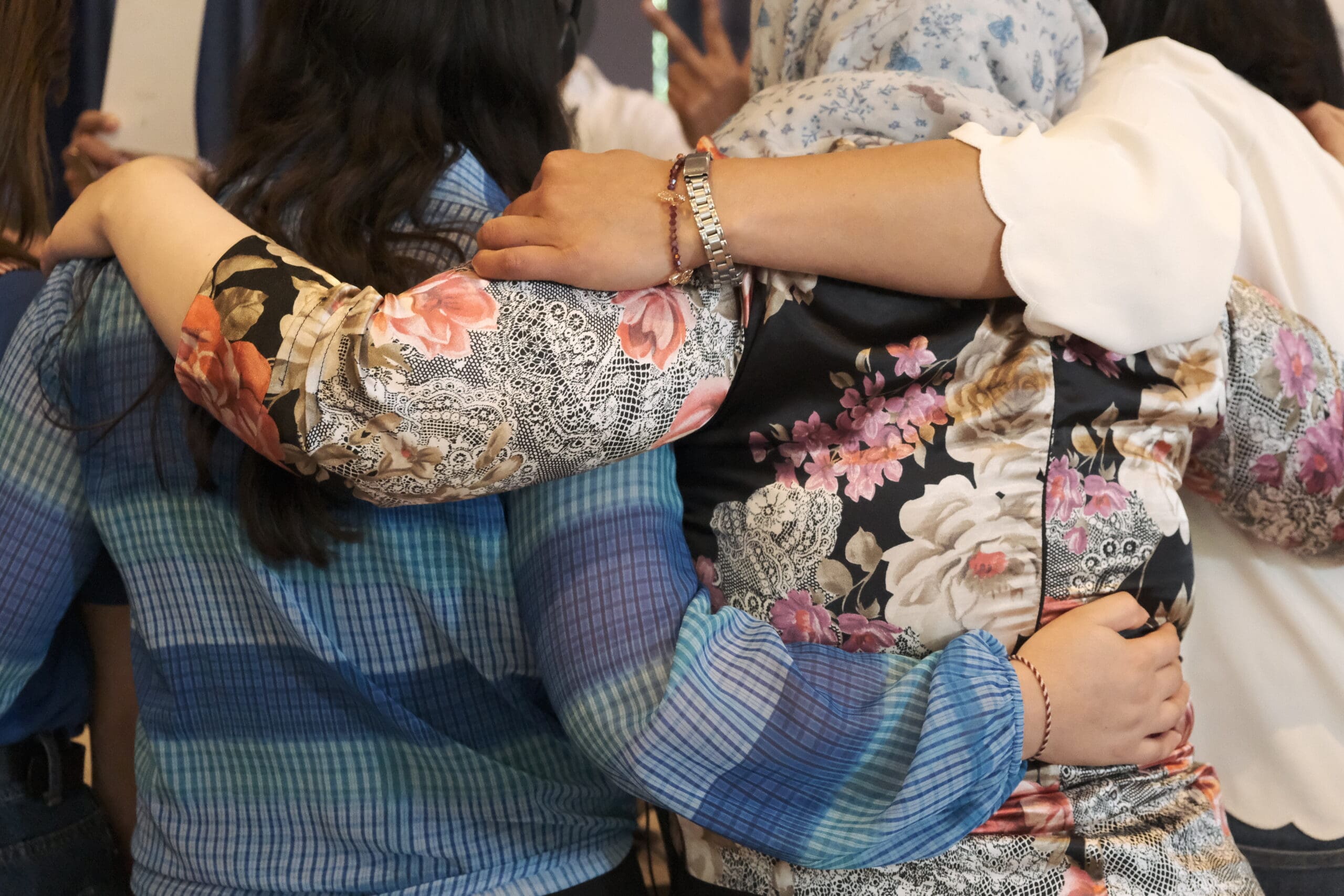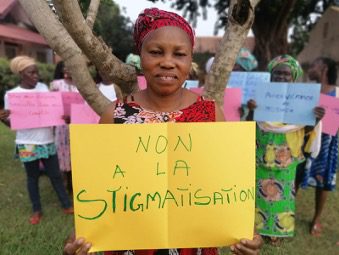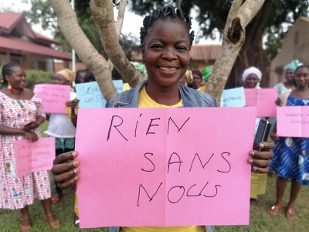The Issue
Sexual violence used systematically as a weapon of war is uniquely destructive: it leaves victims with a heavy burden of physical and psychological harm for the rest of their life. Beyond the individual, it aims to destroy the reproductive potential of a group or community, and to spread disease.
By committing these crimes in public, or by forcing family and community members to witness or take part in atrocities, perpetrators impact the whole community, destroying social bonds. As a weapon of conflict, sexual violence aims to demoralise a community or a whole ethnic group, destroying their resilience and ability to rebuild and recover.
Beyond injury and disease, the impacts of humiliation and shame are corrosive for victims and their communities alike. Victims are often shunned by their families and communities. Children born of rape face lifelong stigmatisation and discrimination. What is more, communities and authorities fail to hold perpetrators to account, preferring to maintain the status quo, enabling impunity and fuelling further abuses.
We want to change the collective response to sexual violence in conflict
To heal from the harms of sexual violence, victims need to regain agency and control over their lives, their decisions, and their bodies. Their needs are complex and interconnected, and the solutions need to be designed with this in mind. Essential for their reintegration into their community is for their dignity and humanity to be recognised.
Our approach is survivor-centred, meaning that survivors themselves define their needs and solutions. We work to create the conditions that will allow survivors to take the lead in fighting for their rights. Our aim is to transform victims into survivors, and survivors into agents of change.
How do we see change happening?
The Mukwege Foundation sees three interconnected strategies as essential for change to happen:
- Holistic, quality care for survivors of sexual violence
- Survivor-led activism for solidarity and recognition, and to end stigma
- Justice and accountability
Our strategies reinforce each other, creating an enabling environment where survivors can genuinely become agents of change.


















